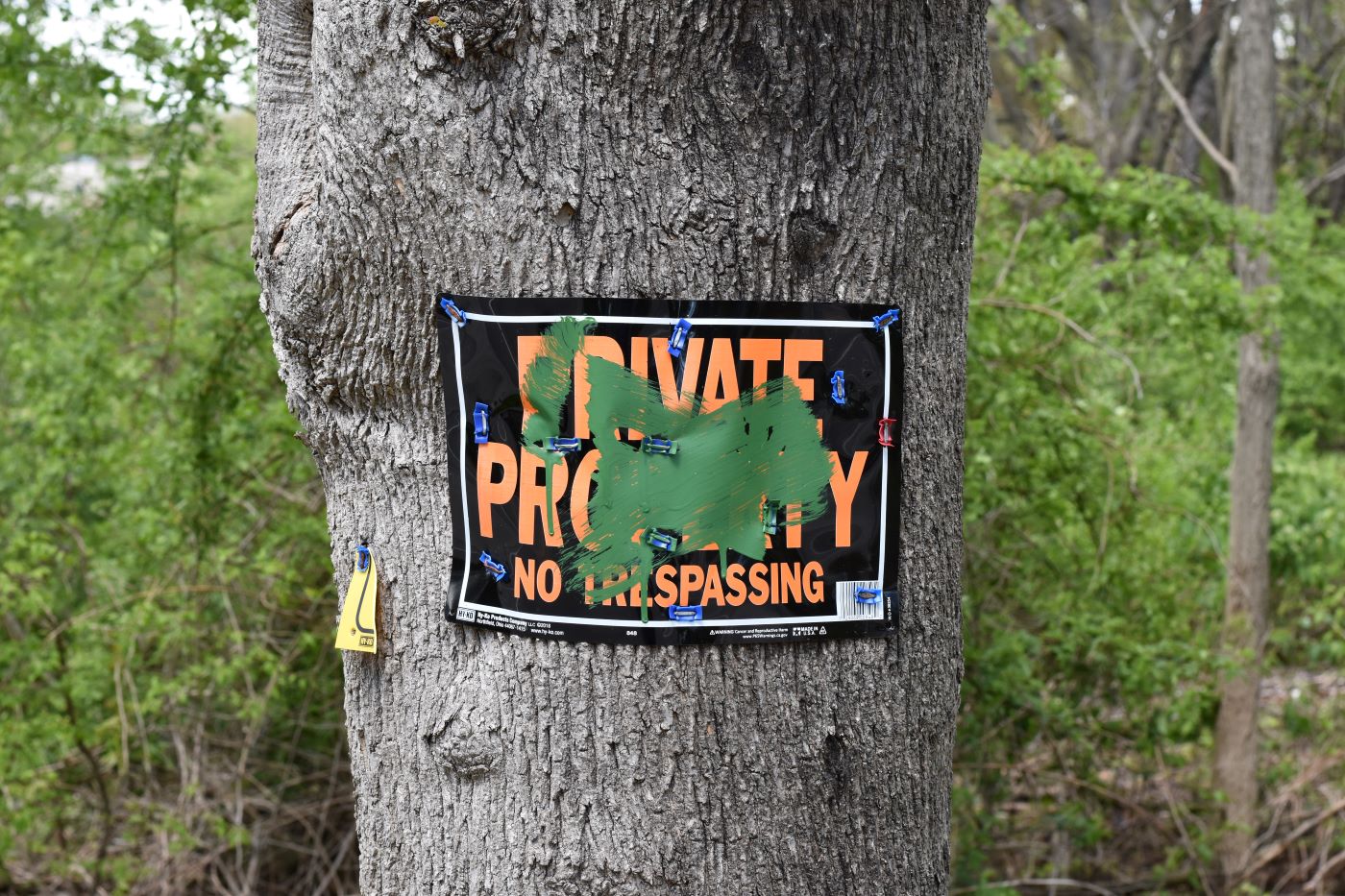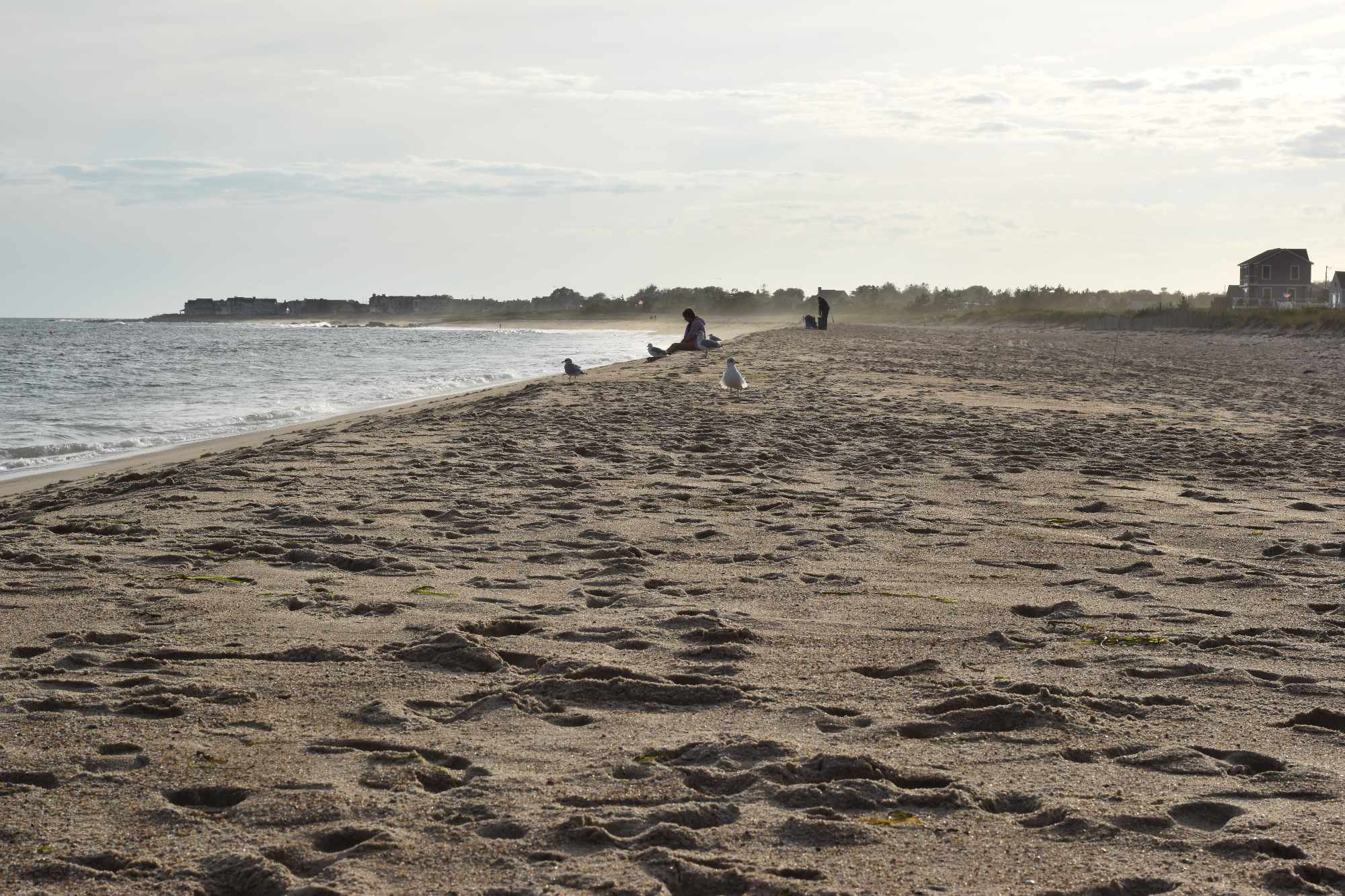Households Earning Less Than $100K Can Afford Home in Only One R.I. Community
HousingWorks RI’s 2023 report outlines increasingly unaffordable housing and rental markets
October 20, 2023
PROVIDENCE — There is only one community in all of Rhode Island where a household making less than $100,000 can still afford to buy a house.
According to HousingWorks RI’s 2023 Housing Fact Book, published Friday, that community is Central Falls. Last year’s report showed that households under that income threshold could afford to buy a home in 14 municipalities in the state.
Increasing home prices over the past year are to blame, according to the report, which Roger Williams University-based HousingWorks RI publishes annually as a part of its mission to provide research and analysis on housing to the public.
The report also noted that although housing is most affordable in Central Falls, the actual cost of a house in the city, at more than $270,000, is not affordable for many of the people who live there, where the median household income is about $40,000.
Similarly to last year’s report, more than a third of Rhode Island’s households are cost-burdened, meaning they pay more than 30% of their income on housing. Black and Hispanic homeowners are cost-burdened at higher percentages, 37% and 39%, respectively, compared to 26% of white homeowners, according to HousingWorks RI.
Renting is also becoming less affordable. Burrillville, with an average price of $1,026, is the only municipality where rent for the average two-bedroom apartment is affordable for a household making $41,277, the state median renter household income, the report said.
“Alarmingly, nowhere in Rhode Island does a full-time minimum wage job earn enough to rent even that Burrillville apartment affordably,” the reported noted.
While some burdens had eased during COVID because of federal relief, now that many of those rules have lapsed and much of that funding is drained, housing insecurity is increasing again.
“We see a number of areas where deployment of federal funds helped to stem the pandemic’s effect on housing insecurities and offered a temporary pause to some of the worst outcomes, but we know we need more healthy, affordable homes for all Rhode Islanders,” HousingWorks RI executive director Brenda Clements said in press release about the report.
Despite increasing costs, the report highlighted recent legislation that it said might help improve Rhode Island’s housing landscape in the coming years, including $112 million from pandemic relief funding.
Some of the projects that HousingWorks mentioned that could move the needle include $72 million to provide housing for the lowest-income Rhode Islanders; $7 million to increase municipal infrastructure; and $4 million to undertake a transit-oriented-development pilot program.
“Rhode Islanders are struggling to afford safe and secure housing, and with limited inventory, a lack of housing diversity, and an older existing housing stock, we are facing many challenges,” Stephen Antoni, chair of HousingWorks RI’s advisory board, said in a statement on the report’s release. “We must continue to increase funding around production, invest in preservation, and ensure healthy housing options, so that all Rhode Islanders may have a safe, secure, and affordable place to call home.”
Categories
Join the Discussion
View CommentsRelated Stories
Your support keeps our reporters on the environmental beat.
Reader support is at the core of our nonprofit news model. Together, we can keep the environment in the headlines.
We use cookies to improve your experience and deliver personalized content. View Cookie Settings



